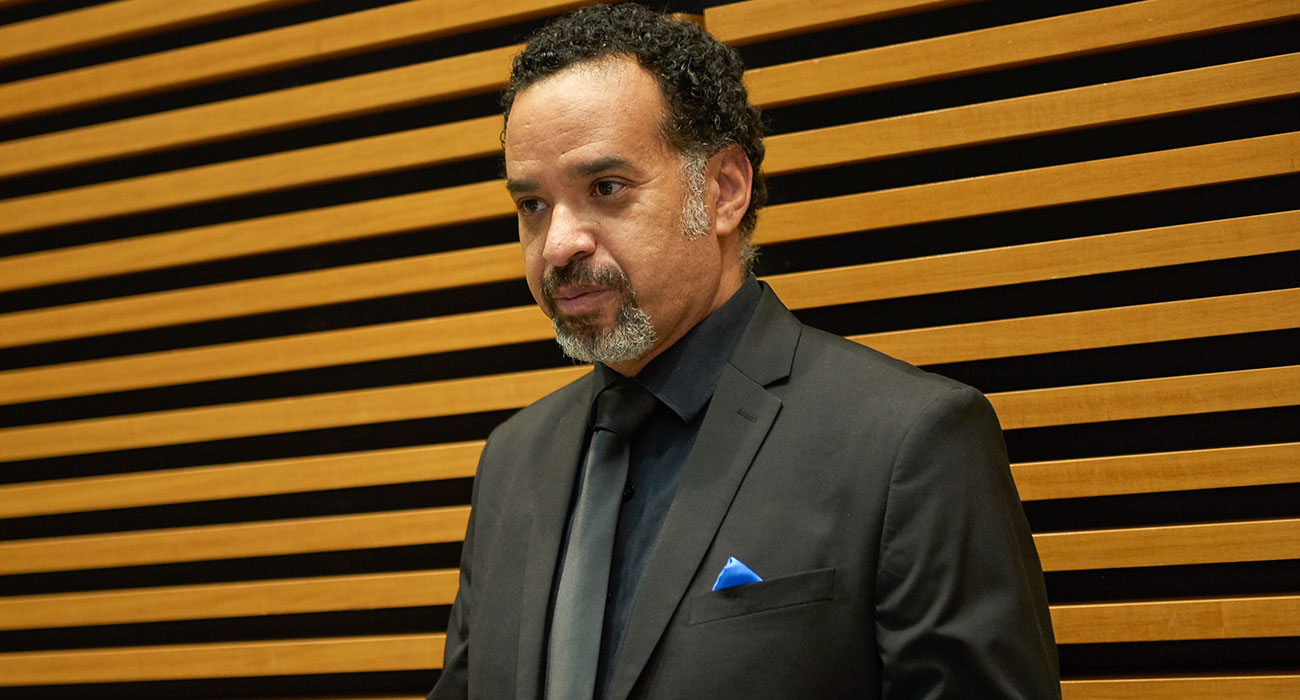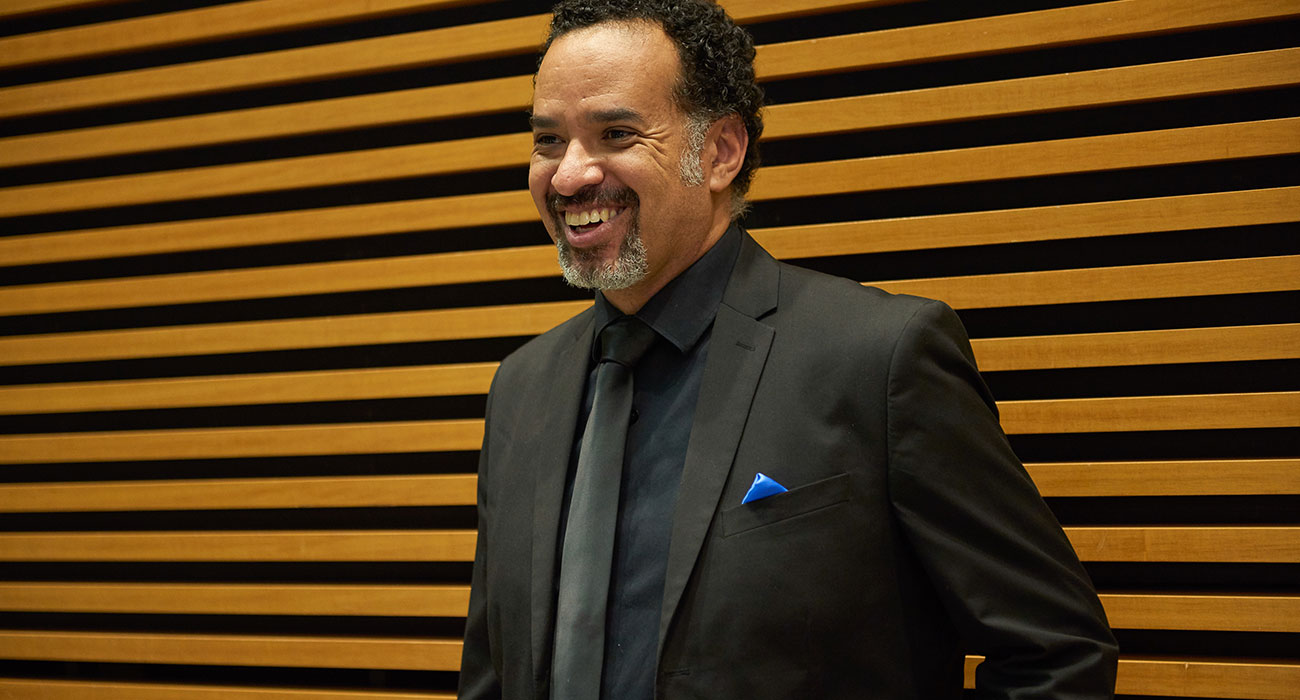- PROFILETravis Sheridan
-
Travis Sheridan is the President of CIC Venture Café Global Institute (VCGI).
Born in California, Travis majored in organizational psychology in college. In 2014, after more than 15 years of supporting startups, he became VCGI’s Executive Director. He has been in his current position since January 2017.@TravisSheridan
The Man Who Built Boston’s Startup Ecosystem Talks About “Possibilities For Tokyo”
The city of Boston has a lot to be proud of. It ranks fifth in global startup rankings, and it is home to the “Cambridge Innovation Center”, the world’s largest incubation facility. From there, the “Venture Café Global Institute” (VCGI) incubation community supports a gigantic ecosystem of more than 500 startups, major corporate R&D groups, and venture capitalists.
But why is the startup ecosystem flourishing in Boston, and what possibilities for Tokyo can we learn from Boston’s example? What is the ideal mindset for entrepreneurs, or the ideal approach to building a startup, in this new era? We asked Travis Sheridan, who heads VCGI, to share his thoughts with us.
- First, tell us a little about “CIC Venture Café Global Institute” (VCGI).
-
Venture Café works to support the Cambridge Innovation Center (CIC) ecosystem through a variety of programs. The biggest of these is the weekly “Thursday Gathering”. This is an opportunity for around 500 people – everybody from representatives of startups and large corporations to investors and researchers – to gather together and network. At the same time, we host around 8-10 sessions each week, which give participants a chance to acquire the knowledge they’ll need to manage a startup.
My role as President of Venture Café is to support all five Venture Cafés that are currently operating around the world, and to build a community that can help create connections between entrepreneurs. The sixth Venture Café is set to open in Tokyo in March 2018.
- According to the Global Ecosystem Ranking, Boston has the fifth best startup ecosystem in the world. Why do you think that is?
-
Boston’s biggest strength is the fact that it’s home to many prestigious universities. Harvard, MIT, Boston University – these are top-tier institutions that aren’t just conducting exceptional research; they’re conducting research with a strong “business” mentality. There are few places around the world where it’s possible to transform research into business. But in Boston we’ve seen a lot of researchers and professors move on to become entrepreneurs themselves. Because of people like that, the entrepreneurial spirit has taken root among the students too.
That high concentration of talent is one of the city’s defining features. Geographically speaking, Boston and Cambridge cover a very small area, which helps bring researchers and entrepreneurs closer together, fostering a spirit of innovation and entrepreneurship. You could say that the roles played in California by Caltech and Stanford University are being played here by MIT and Harvard. I believe that what’s being done in California’s and Boston’s ecosystems – installing a spirit of entrepreneurship among students and fostering the creation of new startups – can be applied in other parts of the United States, and all around the world.

- What types of startups are most common in Boston?
- AI/robotics, health care, and finance are particularly strong fields, and this is also a result of working in close proximity with academics. This kind of activity is possible because the universities here don’t just conduct superior research; they also nurture superior talent. By nurturing superior talent in fields like robotics, bio, and fintech, Boston has become an ideal location for companies operating in those fields.
- How do you think the U.S. startup scene has changed in the last few years, in Boston and beyond?
- I think that we won’t see many more sharing economy unicorns like Airbnb, Uber, and WeWork. The game changers we will be seeing in the next five years are probably going to happen in the fields of AI, VR/AR, and blockchain. Also, for the last three years, a record number of companies have been leaving their old offices and moving closer to startups. This means that attracting massive investments is no longer a prerequisite for startup growth. You could say that it’s become possible for startups to grow through partnerships with corporations.
- The first installment of the X-HUB TOKYO program supports Japanese startups that are looking to expand into the East Coast, including Boston. What involvement have you had with the Tokyo startup scene?
-
When I visited Japan in 2017, what struck me was the similarity between Tokyo’s and Boston’s ecosystems. In both places, you have a lot of great universities that are producing a lot of talented, enterprising people. Also, as I mentioned before in relation to Boston, I could sense that major corporations are getting more and more involved with the startup community in Tokyo.
Another similarity between the two cities is that Tokyo is very strong in the AI/robotics and fintech fields. For example, I felt like there were huge possibilities for Bespoke, a Tokyo-based startup that designs AI chatbots operating in hotels and airports. I’m the sort of person who spends a lot of time in hotels and airports, and I think there’s room to disrupt the customer service in those places.

- What do you think can be expected of the current program to link Tokyo and Boston?
-
I think Tokyo startups, by entering America’s more mature startup community, will have a chance to develop important skills, including seeking out mentors and connecting with investors. By making connections with U.S. corporations, these companies should be able to find opportunities for further growth.
I also think that the program will be an opportunity to learn about “Tokyo quality” for the U.S. startup community and for companies eyeing expansion into Tokyo. The main thing I expect from programs like X-HUB is that they will help shine a light on Tokyo’s high-quality startups and on the city’s talented but currently unknown individuals. I believe that if we can build close relationships between communities in different regions, both ecosystems will emerge from it stronger than ever.
- You mentioned that the environments in Tokyo and Boston are similar, but Tokyo didn’t appear at all in the most recent Global Ecosystem Ranking. In the context of economics and innovation, it would seem like Tokyo isn’t showing the potential seen in places like China, India and Africa. Against that backdrop, what possibilities do you see in VCGI forming a new base of operations in Tokyo, or in Tokyo startups coming to Boston?
-
The aversion to risk and long work hours are definitely still issues in Japan. What I respect about Japanese corporations, however, is that they are always thinking about the “next generation” when they build their companies, and that they create business plans that transcend generational lines. I think the world can learn something from Japan about the importance of creating value that withstands the passage of time, and about the importance of creating something meaningful beyond products.
Economic inequality, ethnic conflicts, global warming, climate change… In the last several years, we’ve been trying to solve these global societal problems through innovation and the creation of more and more startups with the betterment of society as their core mission.
These are the kinds of startups that can make the world a better place by creating good products. Capitalism will always exist in some form or another but I think that we must stop thinking about purely financial profits, and start thinking about “profits for the planet, and for humanity as a whole”.
The era when you just create a platform and hope people use it correctly is already over. Drones, for example, can be used to provide positive services or as instruments of war, and future entrepreneurs are going to have to think seriously about how their technologies can be misused. In that sense as well, I think people in the West have a lot to learn from Eastern philosophy. In the Western mindset, when we move from point A to point B, we think success is “getting to point B”, but in the East, it is the “journey from A to B” that is more highly valued.

